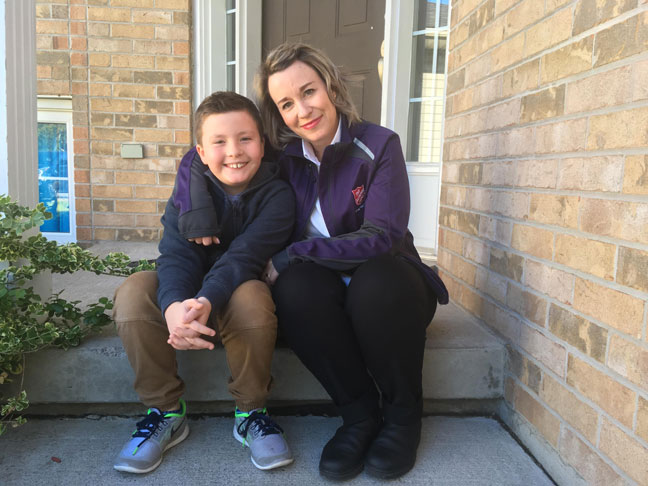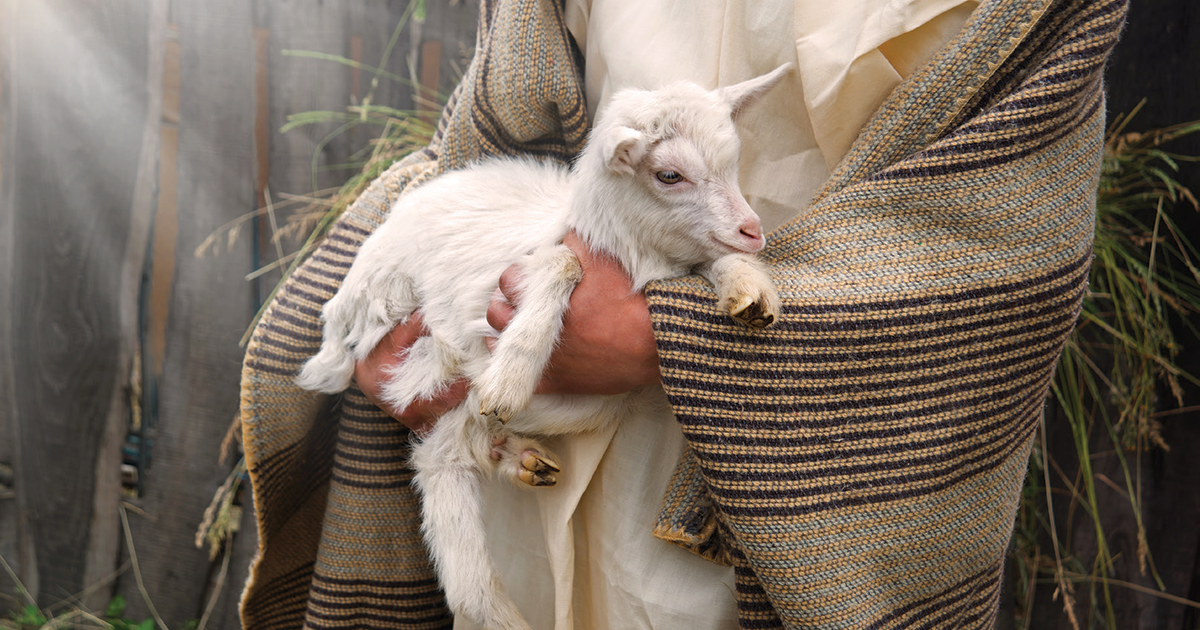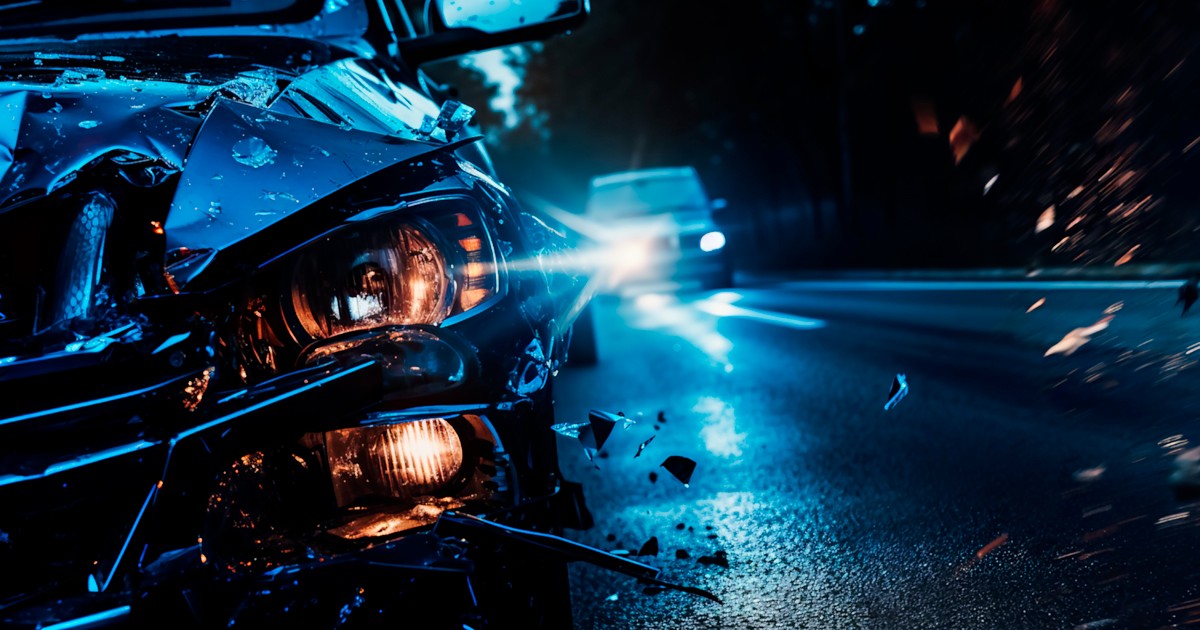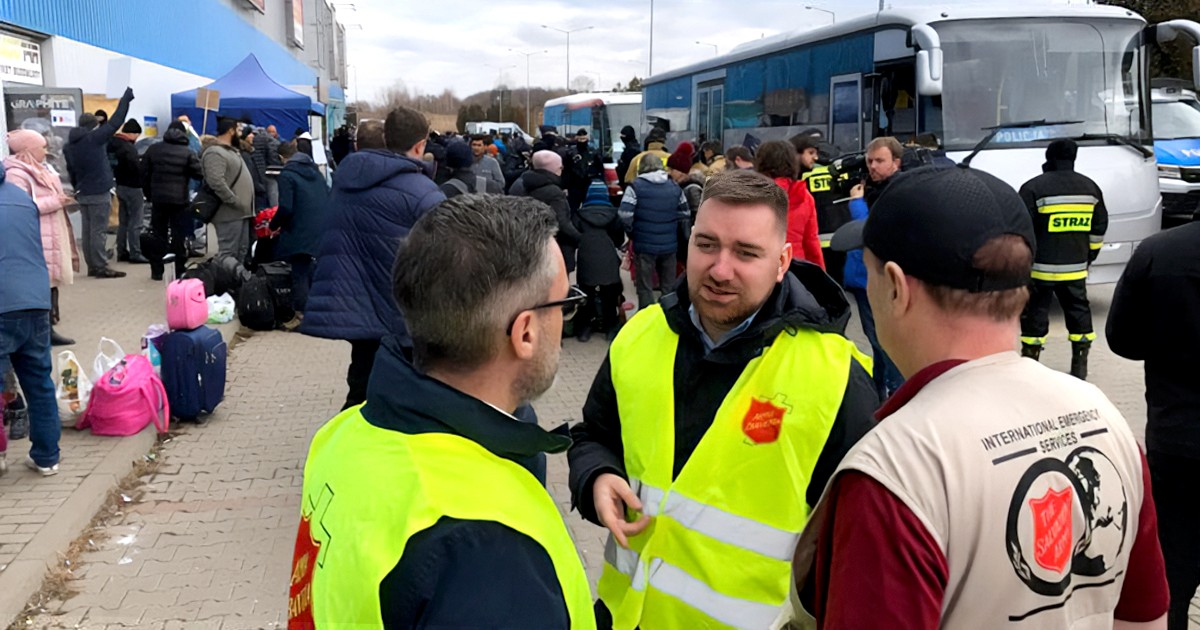It was easy enough to orchestrate—take the bikes out of the backyard, down the narrow path beside the house and out through the big locked gate that separated our yard from the road. Only it wasn't easy.
What I needed was simple and uncomplicated. What I needed was peace and calm. What I needed was a key to the gate—a key that I last remembered being in the hands of my then-three-year-old son, Elliot. Hands that liked to hide things in undiscoverable places. Chubby hands that I loved to hold and kiss, but now angered and defeated me. Careless hands that stood between a day of freedom and laughter and a day of confinement and tears.
“Where are the keys?” I demanded in a harsh tone. “Tell me where you put them, and please don't say you don't know—because you DO. You DO know.”
Big, brown eyes looked up at me, and started to pool with tears. “I don't know, Mama. I didn't hide them.”
My rage grew with every denial. Accusations of carelessness, silliness and stupid games flew out of my mouth faster than I could control. Hot tears burned down my face as tears of fear and helplessness ran down my son's face.
He sobbed. He pleaded. He didn't know where he put the keys. He was sorry. He was sorry for hurting Mama.
That morning, all the sadness and anger I felt toward that big “C” word—cancer—and the battle that my dad was bravely fighting was selfishly and cowardly directed at a small boy who stood crying, watching his Mama unravel. A little boy who stood absorbing every hurtful word.
As I watched him search for the keys—fruitlessly—I should have been filled with love and awe at this small wonder. But I lost control of my anger. I was relentless. I was mean. I was unforgiveable.
The keys were not found, but Grandma's arrival (and a desperate phone call to my brother to ask how to take apart and reassemble the bike trailer) enabled us to salvage part of the day and carry on with the planned bike ride.
What I learned that day was that my failures and shortcomings as a parent—the things I say and do in moments of weakness that I shouldn't—are nothing compared to love.
As we ventured out into the sunshine, my heart remained heavy. I knew I had been too harsh on my son, but I also knew that he was either extremely careless or lying to me. And with all the pain and suffering I was going through, couldn't he at least refrain from hiding things around the house? I justified my anger.
All day, my son smiled at me and hugged me when we stopped for a break. He told me he loved me and was so sorry I was sad. And that he would find the keys and make it all better. And still I remained angry.
Several weeks later, on a rainy day, I put on a jacket I hadn't worn in a while. Reaching into the pocket, my hand brushed against a familiar pile of metal and my heart stopped beating. As I pulled out the keys, I dropped to the floor, sobbing and gasping for air as I realized what I had done.
I had blamed my little, chubby-handed, brown-eyed boy. I had heaped all of my pain, suffering and anger on him. And it had hurt him—deeply. But he loved me unconditionally, and so he had held my anger for me, when I couldn't hold it any more. He had searched in vain for keys he knew he didn't hide. And he had said sorry for something he didn't do.
I begged him for forgiveness. I held him so close neither of us could breathe. He looked up at me with big, brown eyes, and said, “I love you, Mama. It's OK.”
It wasn't OK. It may never be fully OK. But what I learned that day was that my failures and shortcomings as a parent—the things I say and do in moments of weakness that I shouldn't—are nothing compared to love.
God showed up in the eyes of my three-year-old and offered me love, forgiveness and grace that I didn't deserve. Sometimes our children teach us far bigger lessons than we will ever teach them.
Lieutenant Erin Metcalf is the corps officer at Niagara Orchard Community Church in Niagara Falls, Ontario.










Leave a Comment